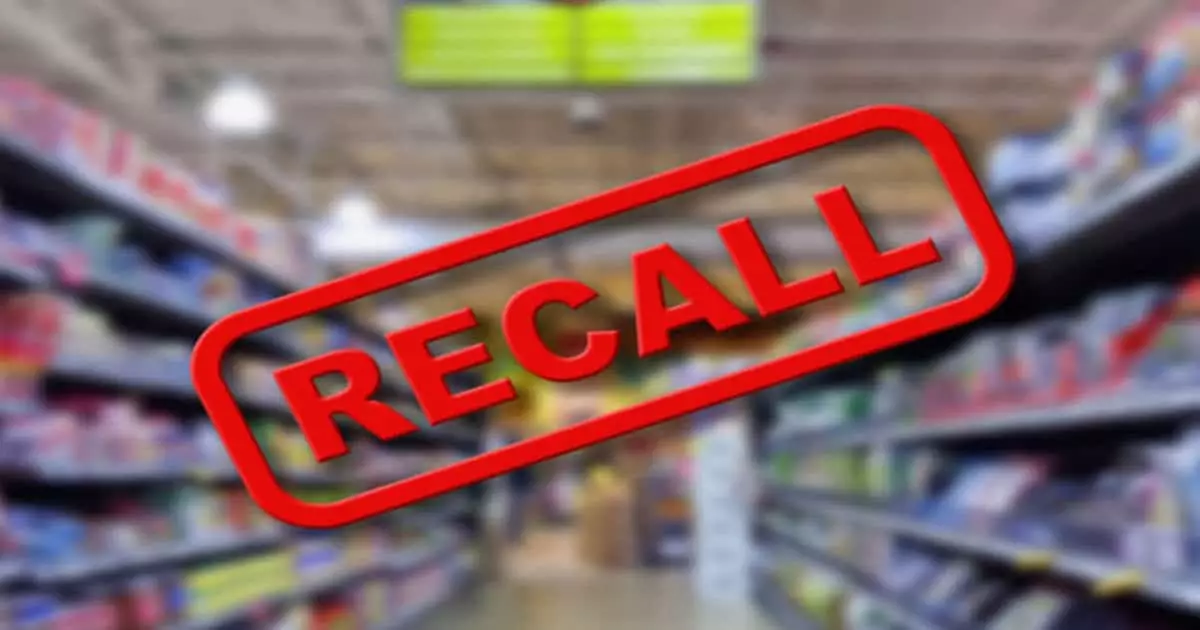In a recent advisory, the U.S. Food and Drug Administration (FDA) raised alarms for pet owners regarding the potential health risks associated with certain products from Darwin’s Natural Pet Products. The FDA’s investigation revealed contamination with Salmonella and Listeria monocytogenes (L. mono) in five batches of their raw pet food offerings. Such developments call for immediate attention from pet owners, as this not only jeopardizes the health of pets but also poses a risk to human health.
The affected products in question include Darwin’s Natural Selections Antibiotic & Grain-Free Chicken Recipe for both cats and dogs, which are available for purchase through a subscription model and sold in frozen two-pound packages. The contamination was detected in several specific lot codes, primarily identified by their manufacturing dates stretching from July 24 to August 13, 2024. With packaging that exhibits distinct blue and green labeling for dogs and cats respectively, it is essential for customers to carefully inspect any packages for the specified lot numbers.
The FDA has strongly urged Arrow Reliance, Inc., the manufacturer, to initiate a recall of these products—yet at this stage, no recall action has been taken. This lack of a tackle raises concerns over the potential distribution of contaminated products, as pet owners could unwittingly continue to feed their animals these supplies.
The public health implications of pet food contaminated with Salmonella and L. mono are serious. Salmonella infections in humans often manifest as fever, diarrhea, and abdominal cramps, which can escalate to more severe conditions that require hospitalization. Particularly at risk are vulnerable populations such as young children, the elderly, and individuals with compromised immune systems.
Conversely, Listeria, while less commonly associated with pet food, presents its own set of grave risks. It can lead to listeriosis, which may cause flu-like symptoms or even catastrophic outcomes in pregnant women, such as miscarriage or premature birth. Therefore, both bacteria harmoniously intertwine in their ability to threaten the well-being of both pets and their human caregivers.
The FDA’s guidance is clear: if pet owners possess any of the affected products, immediate disposal in a secure container is necessary to prevent accidental consumption, particularly by other animals. The advice extends beyond elimination; comprehensive cleaning of all surfaces and pet-related items that may have come into contact with the contaminated food is critical. This includes disinfecting bowls, utensils, storage containers, and even the refrigerator or freezer where such food was stored.
Further, the FDA urges pet owners to wash their hands thoroughly after handling any potentially contaminated materials. This can minimize the risk of bacteria transfer to humans.
Symptoms to Monitor in Pets and Humans
While Salmonella and L. mono may not always reveal themselves through overt symptoms in pets, vigilance is vital. Signs of potential Salmonella infection in pets may include vomiting, diarrhea (possibly bloody), and fever. It becomes crucial for owners to consult a veterinarian if their pets exhibit these symptoms, as infected pets can unknowingly shed the bacteria.
As for Listeria, infected pets may show more ambiguous signs, with symptoms ranging from diarrhea to severe neurological issues. Likewise, symptoms of human infection warrant prompt medical attention. Individuals exhibiting signs like headache, confusion, or persistent fever should reach out to health professionals.
The interconnected nature of human and animal health underscores the pressing need for pet owners to remain vigilant regarding their pets’ food. Contaminated pet foods pose a significant health risk, and as the situation unfolds, recalls should be robustly executed to remove these products from circulation.
The FDA encourages ongoing consumer vigilance, highlighting the need for owners to stay informed about the lot numbers and take necessary precautions. The assurance of quality in pet food is paramount—not only for the health of pets but also for the safety of families who engage closely with their animal companions.

